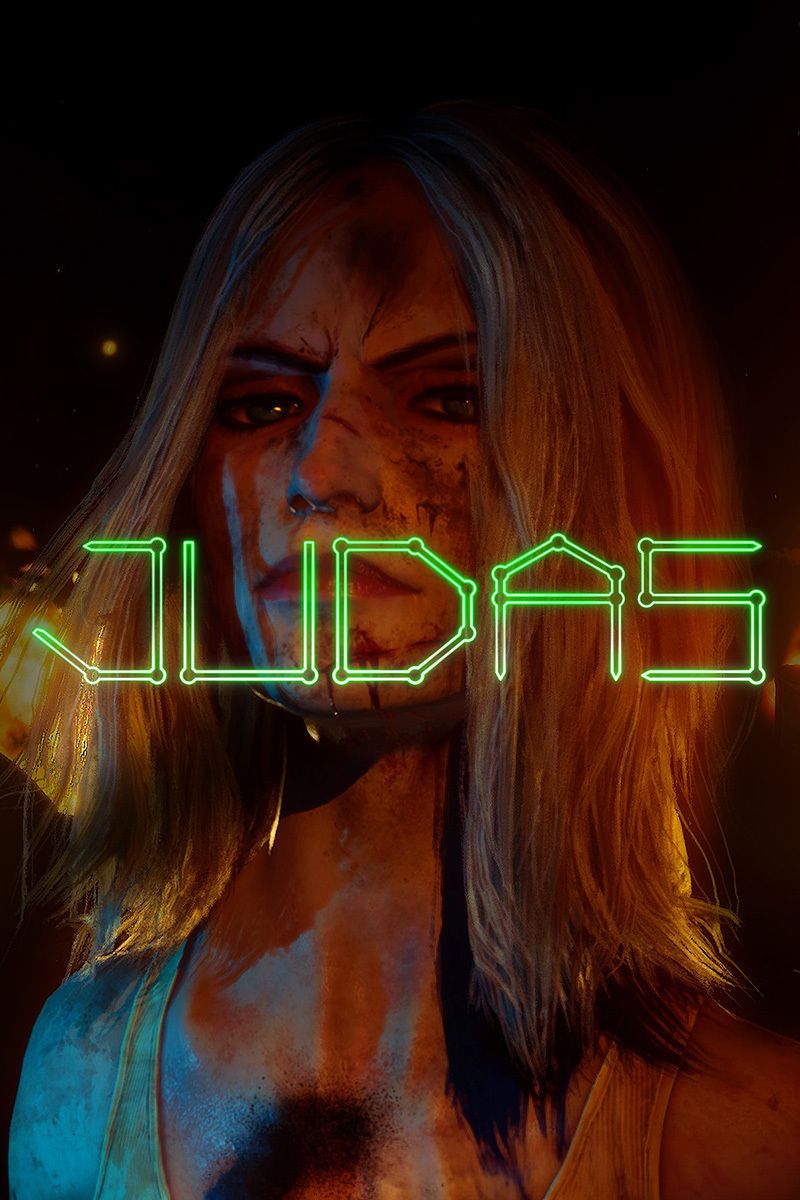2025 could be quite a banner year for BioShock fans, as not only is the fourth official entry in the series on its way, but so is Judas, a game that’s being viewed as a spiritual successor of sorts. Judas‘ gameplay, at least at first glance, seems to follow many of the same immersive sim and action-RPG design tropes as BioShock, but the true source of the comparison between the IP is their shared creator, Ken Levine.
As such, the relationship between Judas and BioShock 4 is ripe for speculation and discussion. Something that has sparked a fair bit of discourse is how each title will fare comparatively: BioShock 4 has the “BioShock” label and prestige, but it’s being developed by an almost entirely new team of developers, while Judas is coming from the original BioShock creator himself. Even if Judas and BioShock 4 are significantly different–and there’s plenty of evidence to suggest that they will be–they will still almost certainly be measured against each other, with debates about which is better no doubt raging in the wake of their respective releases.

Related
Judas Leaning Into Its Most Unique Element Would Be a Huge Boon
There is potential for Judas to be too much like its spiritual predecessor BioShock, but leaning into its most unique element would help set it apart.
BioShock 4 and Judas Have Another Big Thing In Common
BioShock 4 and Judas Are Both Being Published By Take-Two Interactive
Ken Levine’s imprint on both Judas and BioShock is perhaps the most obvious and widely discussed link between the two games, but it’s not the only important one. Indeed, with both games coming from Take-Two Interactive, there could be any number of parallels, even if they aren’t immediately apparent.
Being funded by the same company, the games could theoretically share development resources and information. For example, if Cloud Chamber, the developer responsible for BioShock 4, were to run into issues with a particular feature, they could communicate internally with Judas Developer Ghost Story Games, thus gaining pertinent, valuable information for the purposes of development. Similarly, data obtained through playtesting and QA could be shared across teams, effectively doubling each studio’s pool of knowledge and increasing efficiency. More direct collaboration, such as through the sharing of assets or workforces, could also conceivably improve development for both teams.
Judas and BioShock 4 Coming From Take-Two Interactive Means They Might Be Different From One Another
As previously mentioned, there’s an implicit understanding amongst many gaming communities that BioShock 4 and Judas will have remarkable, or at least notable, similarities. One would imagine that such similarities would be even more prominent given the games’ shared publisher, and while that’s certainly possible, the opposite may in fact turn out to be the case.
Other studios, those from opposing “teams,” as it were, will often attempt to directly compete with one another for market space. For instance, the battle between Battlefield and Call of Duty has led to a great degree of cross-pollination between the franchises through facets like game mechanics, multiplayer features, narratives, et cetera, and while they are quite different in some ways, they are reaching for the same goal: they both want to get huge amounts of playtime from the same target demographic.
But a single publisher likely wouldn’t want to put its money behind two or more projects that could cannibalize each other. In other words, it’s not in Take-Two’s best interests to fund two games that would directly compete against one another, as this could theoretically decrease one or both of their sales: a given customer could potentially only buy Judas if they believe that BioShock 4 will be more of the same, and vice versa. Therefore, by both titles being financially intertwined, audiences may be able to expect a greater degree of variance than they would have if they were in contest.













Leave a Reply